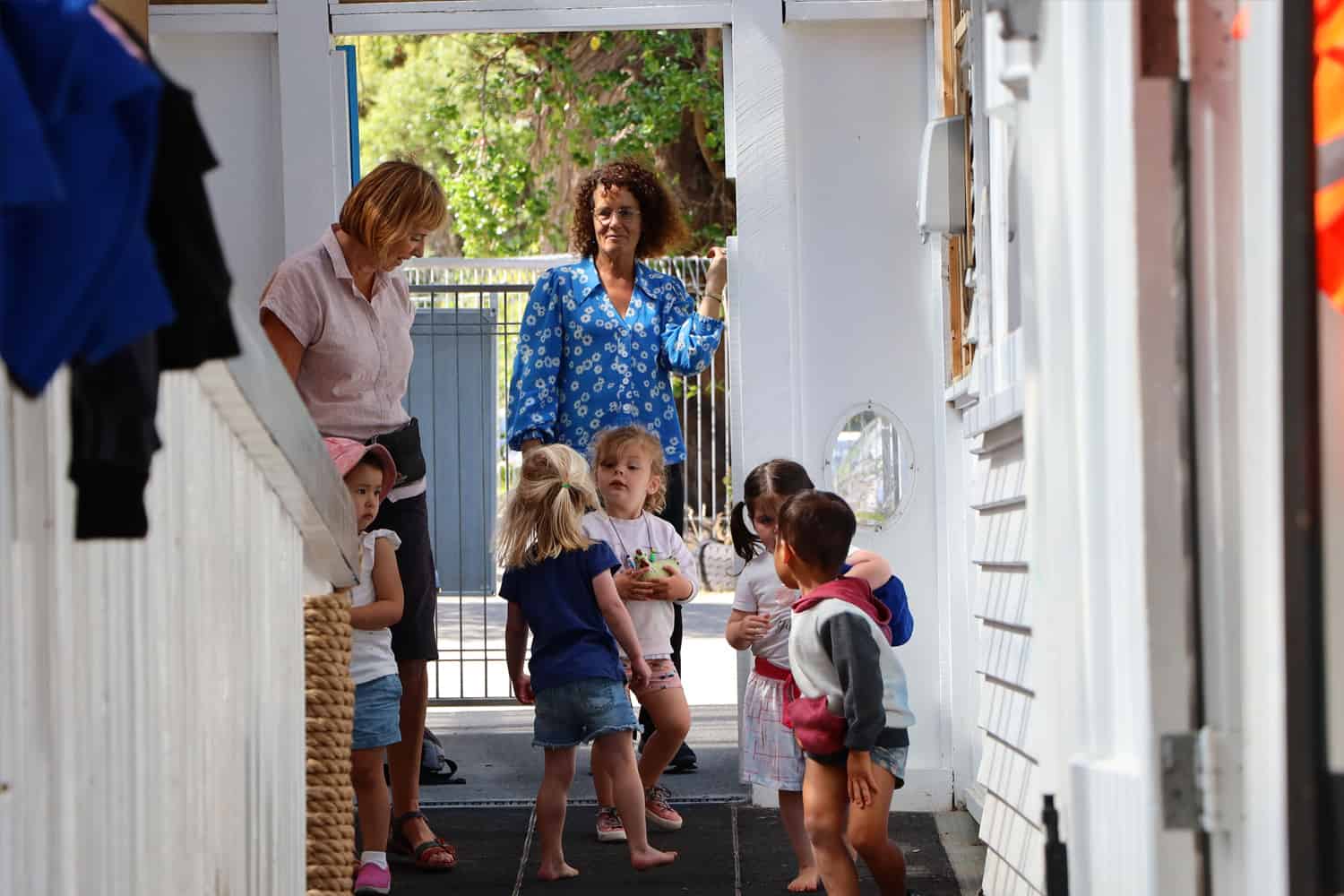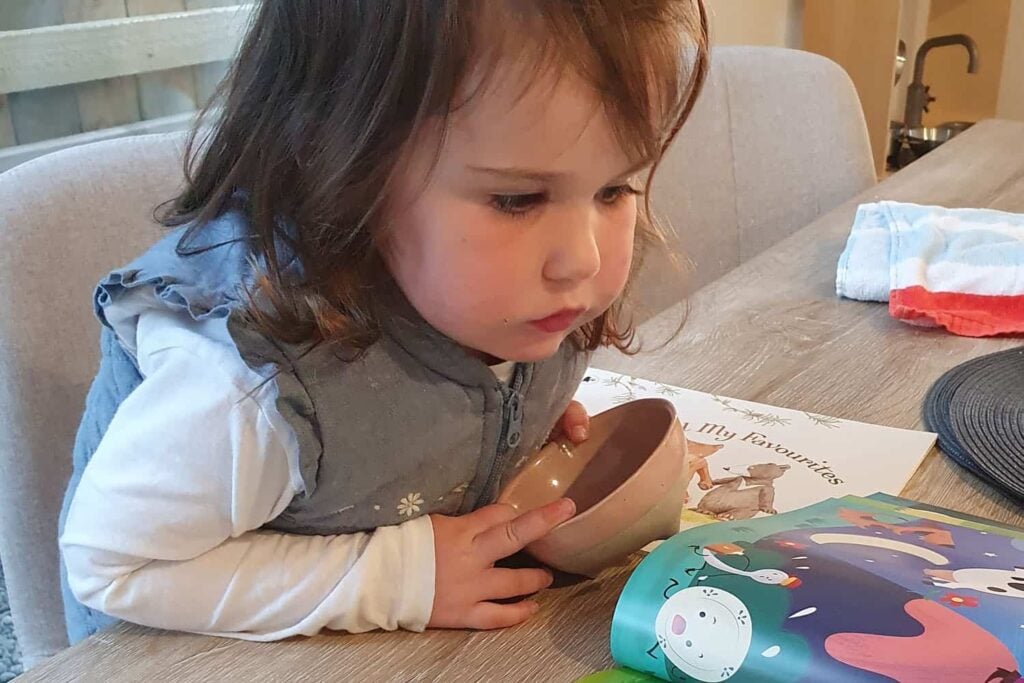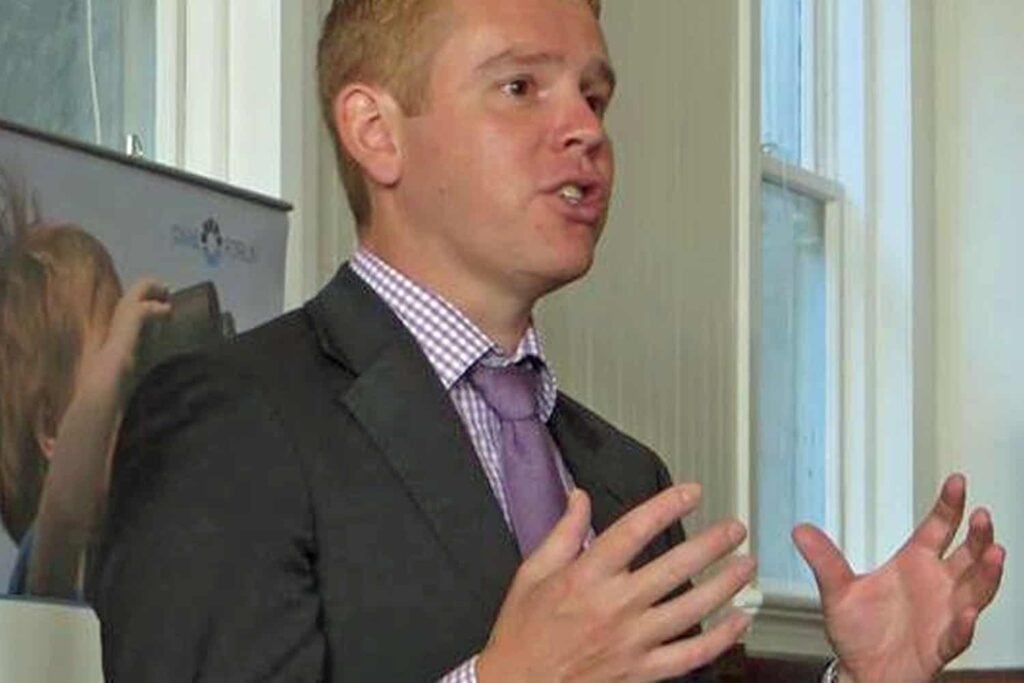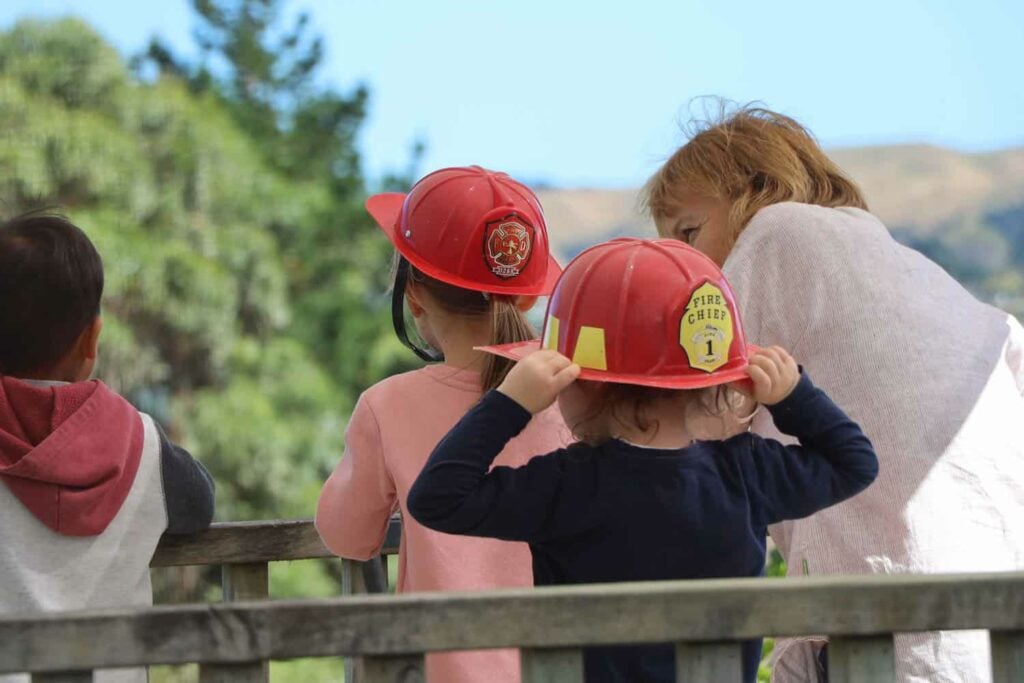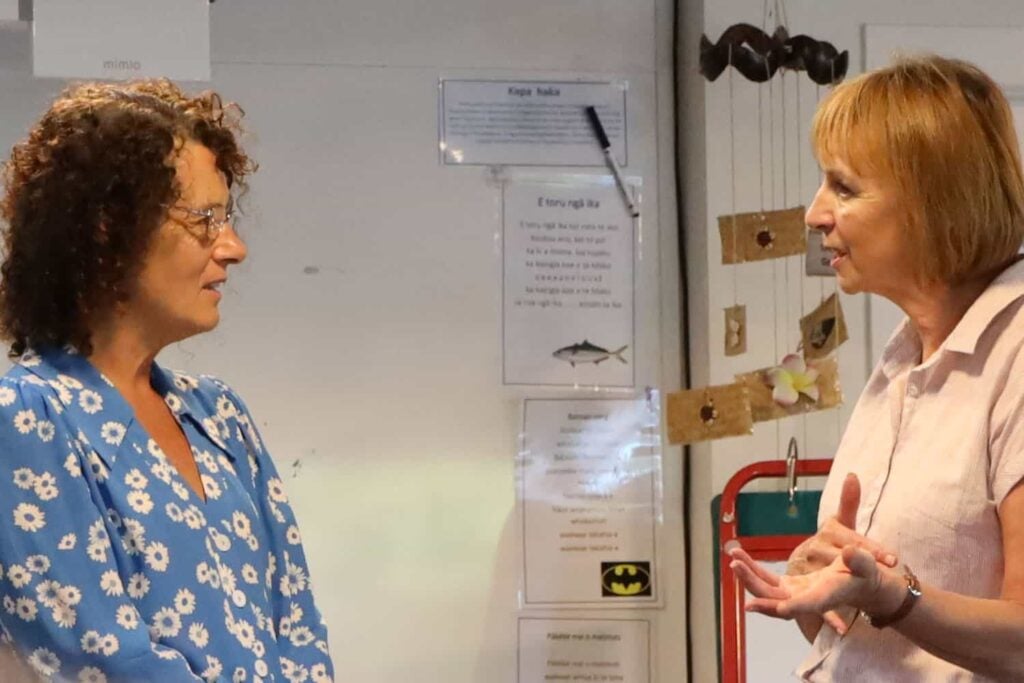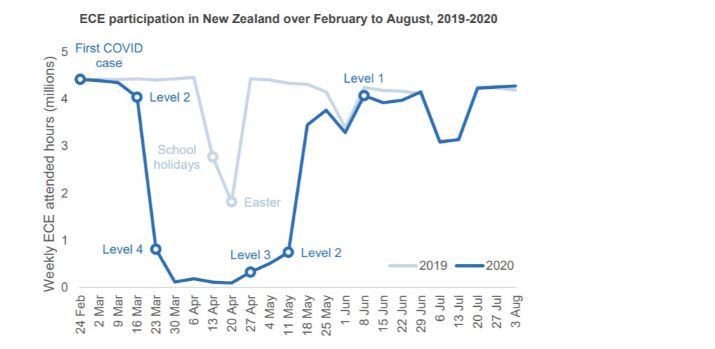“Quality” – What is quality in early childhood education really?
By Dr Sarah Alexander.
It is usual for ‘quality early childhood education’ to be talked about as the golden bullet for all sorts of problems, from raising economic performance to raising children’s later educational performance or supporting parents.
If children are the heart of what is important then it is not simply the provision (accessibility and affordability) of early childhood education that matters but choices. Not the provision of quality early childhood education services, but choices for families in what works best for the child and melds well with parent values and family needs.
Almost every early childhood publication, Ministry of Education document and government press release on early childhood education in New Zealand contains the word ‘quality’.
Next time you see a newspaper article on early childhood education check this out. In most articles you’ll see the word ‘quality’ has simply been put in front of ‘early childhood education’ as if there is no such thing as early childhood education, only ‘quality early childhood education’, and therefore all early childhood education is treated or talked about as ‘quality’.
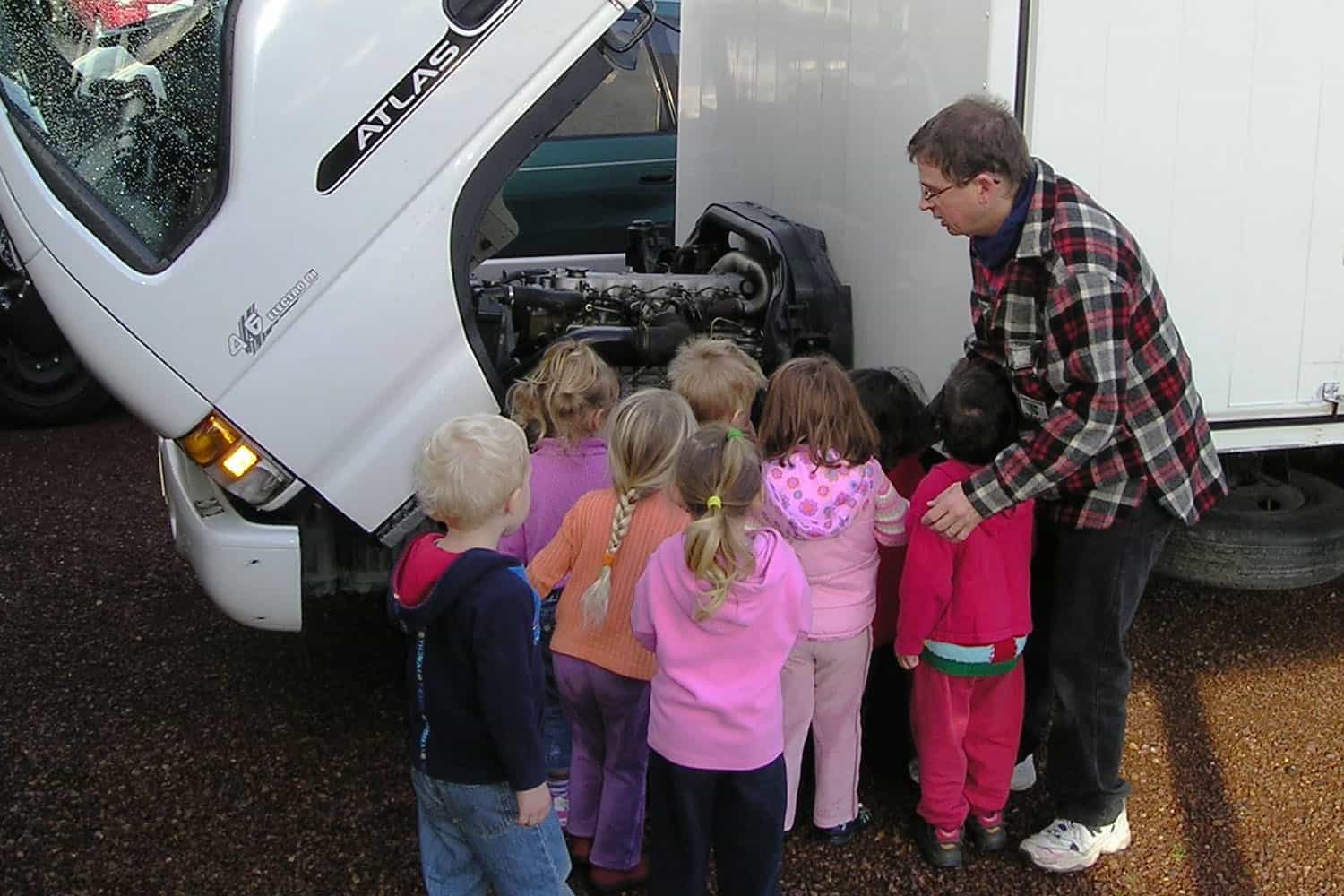
However, look at the picture above. It is very clearly a situation in which young children are learning and the adult is providing education.
For some people this picture might not depict quality early childhood education. As quality early childhood education is regarded as occurring within licensed premises where there are qualified (and registered) teachers.
This picture shows a male who could just as easily be the truck driver as a qualified early childhood teacher. It doesn’t show children doing things within an early childhood centre for more than a couple of hours a day.
For other people this might be a perfect image to depict quality early childhood education. We know from research, and parents inform us on this too, that children learn in many situations and with many different people.
Now to give you a bit more information about this photo.
It is a photo of a qualified early childhood teacher, who used to be a truck driver, with a group of kindergarten children, sharing his knowledge and interest in trucks with the children.
The children are not doing the same old, same old, within a licensed early childhood setting – their learning is being stimulated and challenged by the teacher sharing his personal interest and by seeing a real life model of a truck. So now, with this additional information would you judge it to be a situation of quality for children’s learning?
Quality is in the Eye of the Beholder
All early childhood services cannot be quality for every child and family because not all children and families are the same. Differences include gender, ethnicity, cultural affiliations and heritages, socio-economic status of families, special educational needs, giftedness, language background, prior experiences, values and preferences. As a subjective concept, quality is in the eye of the beholder.
In addition, children grow and their needs change. A service that might suit a child at age one, may be a place that ceases to be good for the child a year or two later – or when family circumstances change.
Even centres that have the same owner or management group, share the same policies, and are built to the same design with the same equipment will vary in quality for children, because the adults working at the centre and the children attending will differ at each centre making for different interactions and experiences.
However well a service complies with requirements for quality set by government through regulations it does not follow that the service will provide quality of experience and benefit the child’s development and be remarkable for the family.
Different Dimensions to the Concept of Quality
The concept of quality as it is applied to early childhood education has at least three dimensions:
- The first is conformity with policy or external requirements; including for curriculum, for staff qualifications, for teacher registration, for how staff spend their time, for what activities are provided, and for meeting the regulations of the day.
- The second is the characteristics of a particular kind of service such as a Kindergarten or a Kohanga Reo; here we mean the characteristics of the type of service that make it distinct from another type of service.
- The third is the expectations and perceptions of children, parents and families; these people are the consumers/users/clients of the service.
All services are required to meet the first dimension in order to be licensed to operate. The Education Review Office conducts reviews of services every three years or more frequently if a problem is detected.
The second dimension is the philosophical aspects of the service (e.g. Montessori or Kindergarten) and its type of management (e.g. private national chain of centres with the owners living in Auckland, or an owner-operated local centre where the owner is directly responsible to and knows the children and families, or a local community centre run by parents) that make it distinct.
The third dimension is the qualitative one. It is quality from the consumer’s perspective – from the perspective of children and families. A service may be quality from a regulations/policy perspective, and it may be quality in reflecting the characteristics of the type of service it is, but fail on the third dimension. For example, it may fail even on basic things of importance to children such as having teachers who really care and are involved instead of teachers who are doing the job but would sooner be somewhere else, or in having animals and good outdoor play and challenges.
For children and families it is important to have choices.
It is important that choice can be exercised and no one feels obliged to enrol or continue with a ‘quality early childhood education’ service if it’s not meeting expectations and its not one that a family and child feels at home or comfortable with.
Further, no child should have to ‘fit into the programme’, rather the programme and staff should adjust to the child and meet what the child needs and more.
Further articles and discussions on what is quality
- Six signs of quality – this article is useful for professional reflection or a good conversation starter with parents
- The production of worthwhile knowledge about ‘Quality’ – a philosophical discussion’
- About the Structural indicators of quality like adult:child ratios and group size
- Best Evidence Synthesis on the characteristics of effective teaching
Comments received
Quality as a concept in early childhood education is a worthy target, in terms of licensing requirements. There is, however, a balance in my mind between meeting these concepts through ensuring that all criteria are met to the utmost and actually identifying and CELEBRATING what makes the life-force of each centre very unique. (Bronwyn)
I do believe that there are many quality ece services however I do not believe that all that claim they are quality are in fact quality. I also get fed up seeing and hearing the word quality attached to NZ ECE and in particular coming from the Government and MP’s who have done nothing but erode the components that help us achieve quality. I also agree that parents should have choices and are mostly able to make choices based on their own needs. However this is not always the case and parents don’t always have the ability to choose and if all they have a sub-standard minimum requirements service available and the Government now says they must all be in some form of ECE, the choice is no longer clear for all. I guess this all sits on where you live and the choices you have. (Heather)


